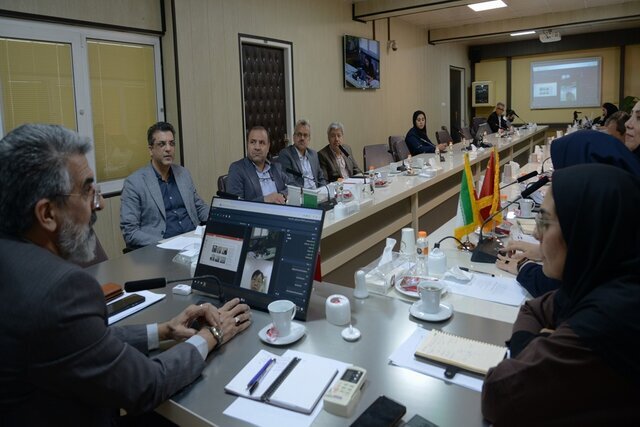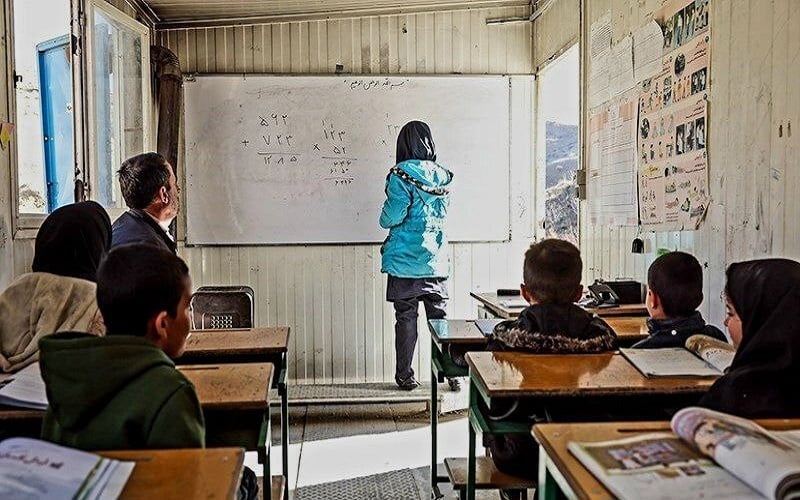
Similar Posts
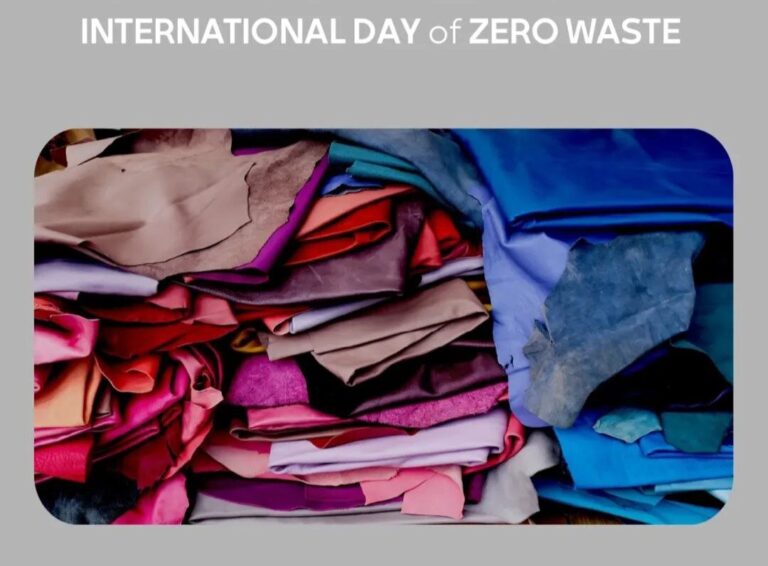
Fashion Forward: Celebrating Intl. Day of Zero Waste 2025 with Sustainable Textiles and Zero Waste Solutions
The International Day of Zero Waste, celebrated on March 30, promotes initiatives aligned with the 2030 Agenda for Sustainable Development, focusing on various waste forms, including food and electronic waste. This year’s theme, “Towards zero waste in fashion and textiles,” highlights the urgent need for sustainable practices in the rapidly growing textile industry, which generates 92 million tonnes of waste annually. Key actions for consumers include reusing, repairing, and recycling clothing, while businesses should prioritize durable, repairable, and recyclable products. Governments are urged to enforce regulations and invest in sustainable practices to facilitate a transition toward a circular economy.

Iran’s Alarming Surge in Theft Highlights Escalating Economic Crisis
Iran’s theft rates have surged nearly fourfold since the late 2000s, reflecting severe socio-economic challenges. Judiciary spokesperson Asghar Jahangir acknowledged that around 80% of crimes are linked to inflation and rising prices, with new crime patterns emerging from digital platforms. Factors like poverty, unemployment, and family breakdown exacerbate the situation. Despite theft being the most common crime, Iranian institutions provide limited transparency on crime data. Harsh punishments for theft, rooted in medieval interpretations of Islamic law, contrast starkly with the systemic corruption among regime officials. This crisis underscores the urgent need for reform and equitable governance in Iran.
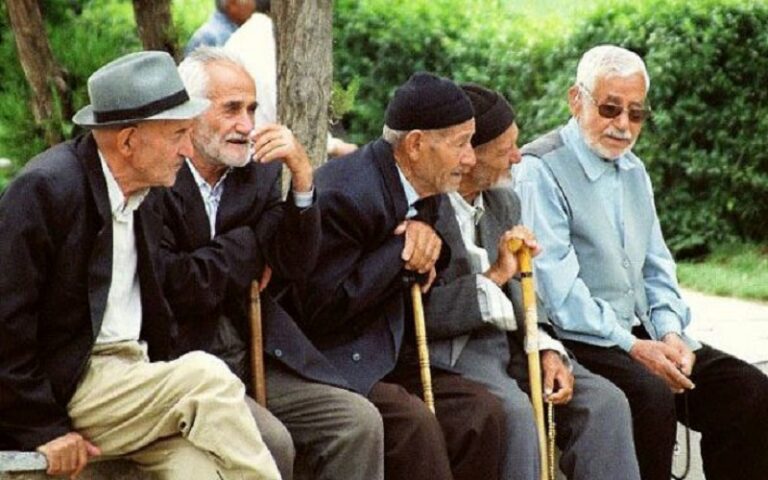
Iran’s Aging Population: Navigating the Impending Demographic Crisis
On January 28, Eco Iran reported on Iran’s significant demographic shifts, revealing a declining young population and a rapidly aging society, posing economic and social challenges. Key statistics show a drop in the birth rate, with the under-one age group decreasing from 0.6% to 0.4% and those aged 21-30 falling from 20.2% to 12.7%. Contributing factors include poverty, high unemployment, and financial insecurity. The increasing elderly population strains social security and pensions, leading to widespread protests. Urgent reforms are needed to improve job security and support young families, yet the current regime lacks a viable plan, risking further demographic decline.
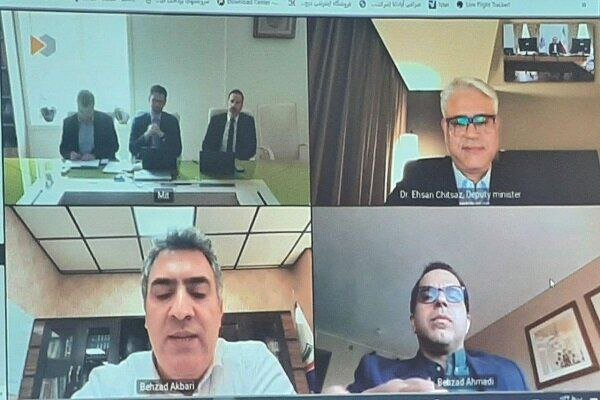
Tehran and Belgrade Explore Innovative ICT Cooperation Strategies
Iranian and Serbian officials have initiated discussions to strengthen cooperation in the Information, Communication, and Technology (ICT) sector, culminating in a memorandum of understanding during an Iranian delegation’s visit to Belgrade. Key areas of focus include data security, private sector collaboration, and expertise exchange in artificial intelligence and cloud services. Technical working groups will be established to implement these agreements effectively. Iranian ICT Minister Sattar Hashemi highlighted Iran’s advancements in AI and its role in the regional digital landscape. Both nations aim to foster innovation and economic growth through enhanced bilateral partnerships in technology.
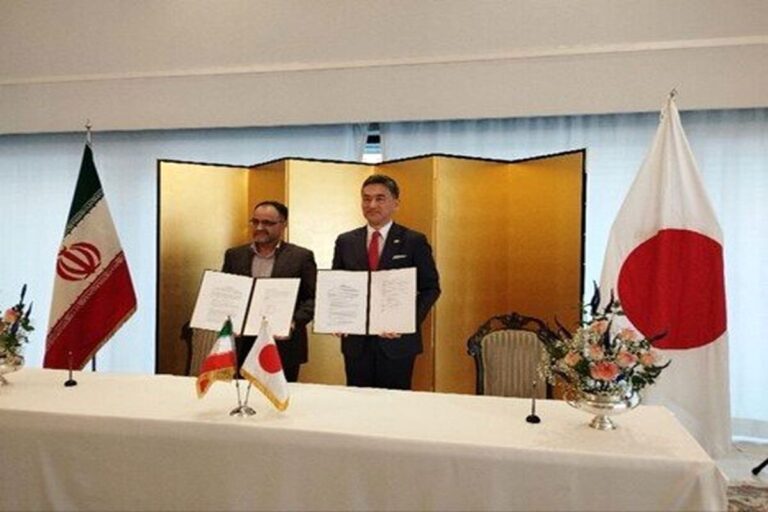
Japan Invests in Life-Changing Medical and Vocational Initiatives for Vulnerable Communities Across Four Provinces
The Government of Japan has allocated approximately €360,000 to support four projects aimed at assisting vulnerable populations in Iran. This funding will deliver essential medical equipment, including endoscopy and mammography machines, to a hospital in Qeshm, a medical university in Bushehr, and two charity foundations in Tehran and Alborz. Japanese Ambassador Tamaki Tsukada endorsed the initiative in Tehran, highlighting Japan’s commitment to enhancing healthcare and vocational training in Iran. This effort complements Japan’s previous contributions to environmental projects, reinforcing its role as a vital partner in humanitarian assistance and sustainable development within the region.
